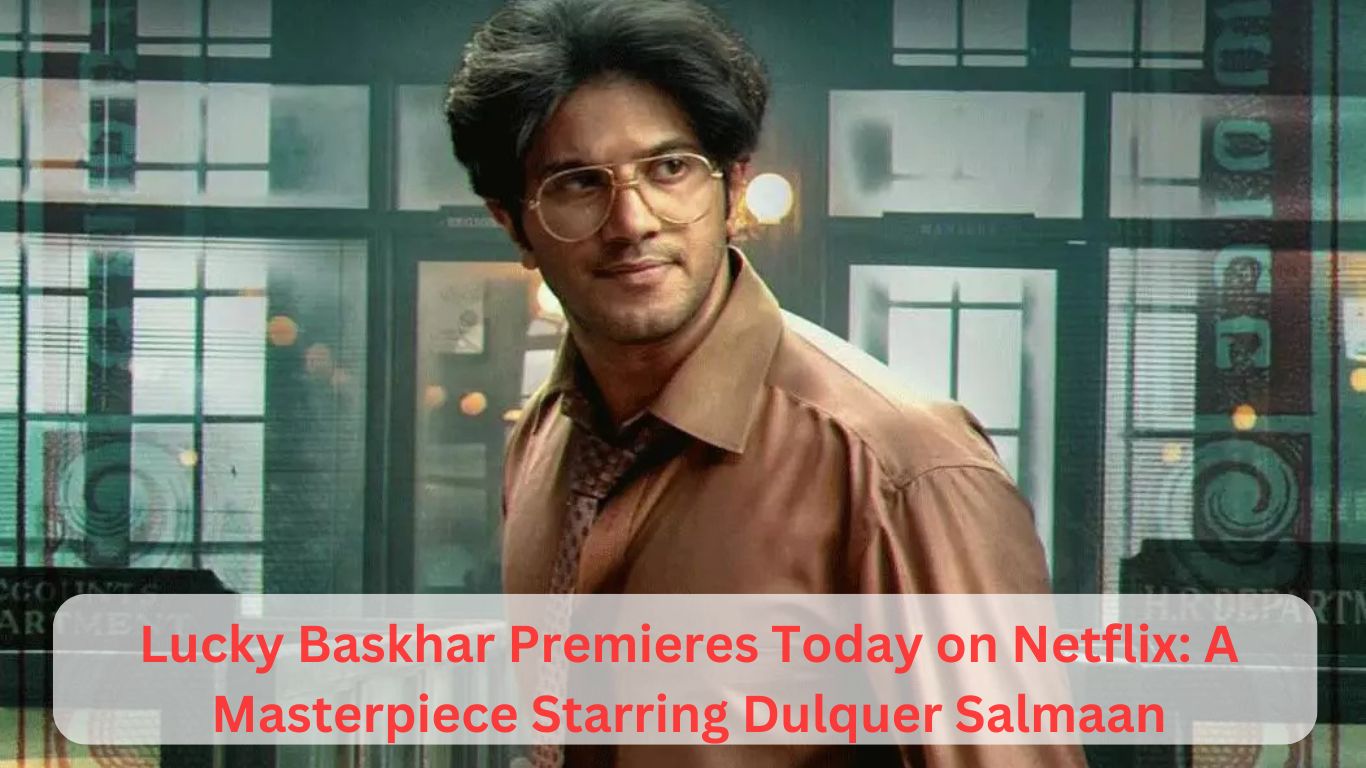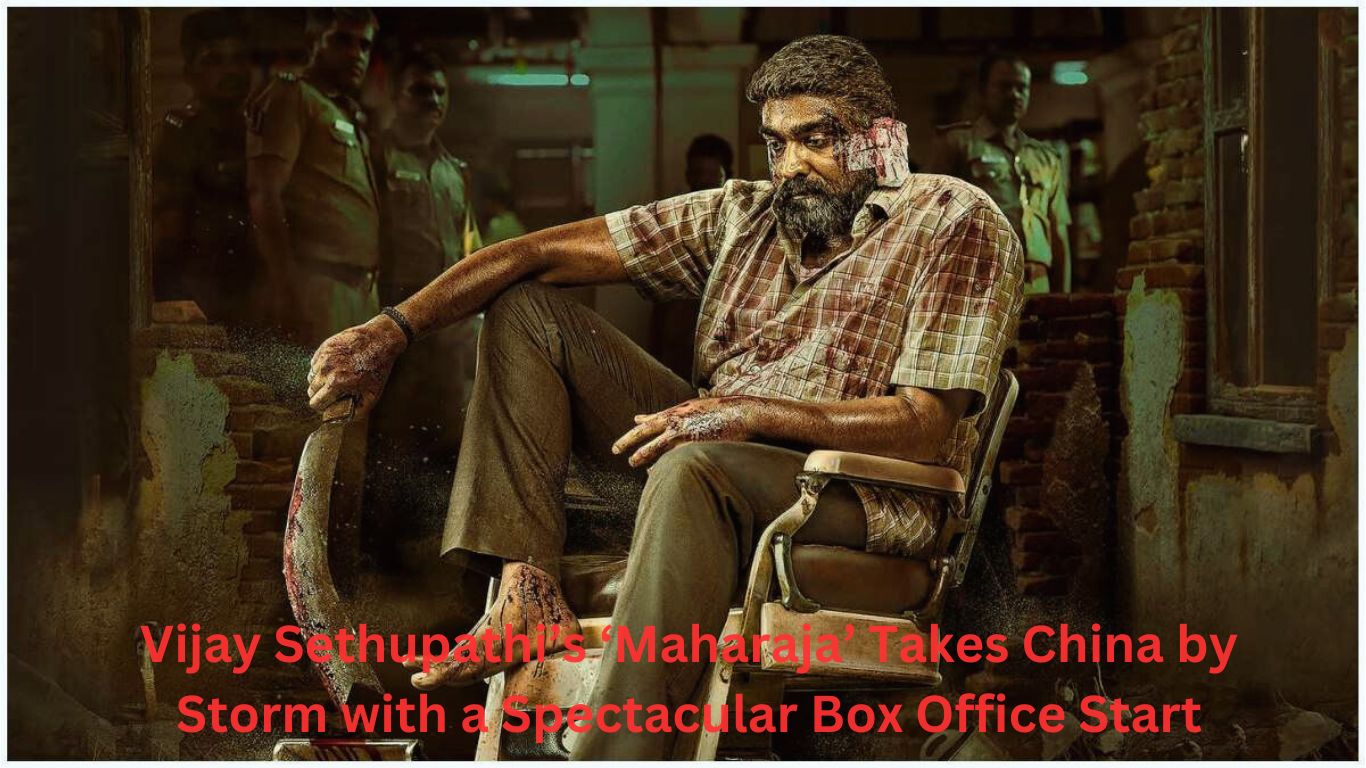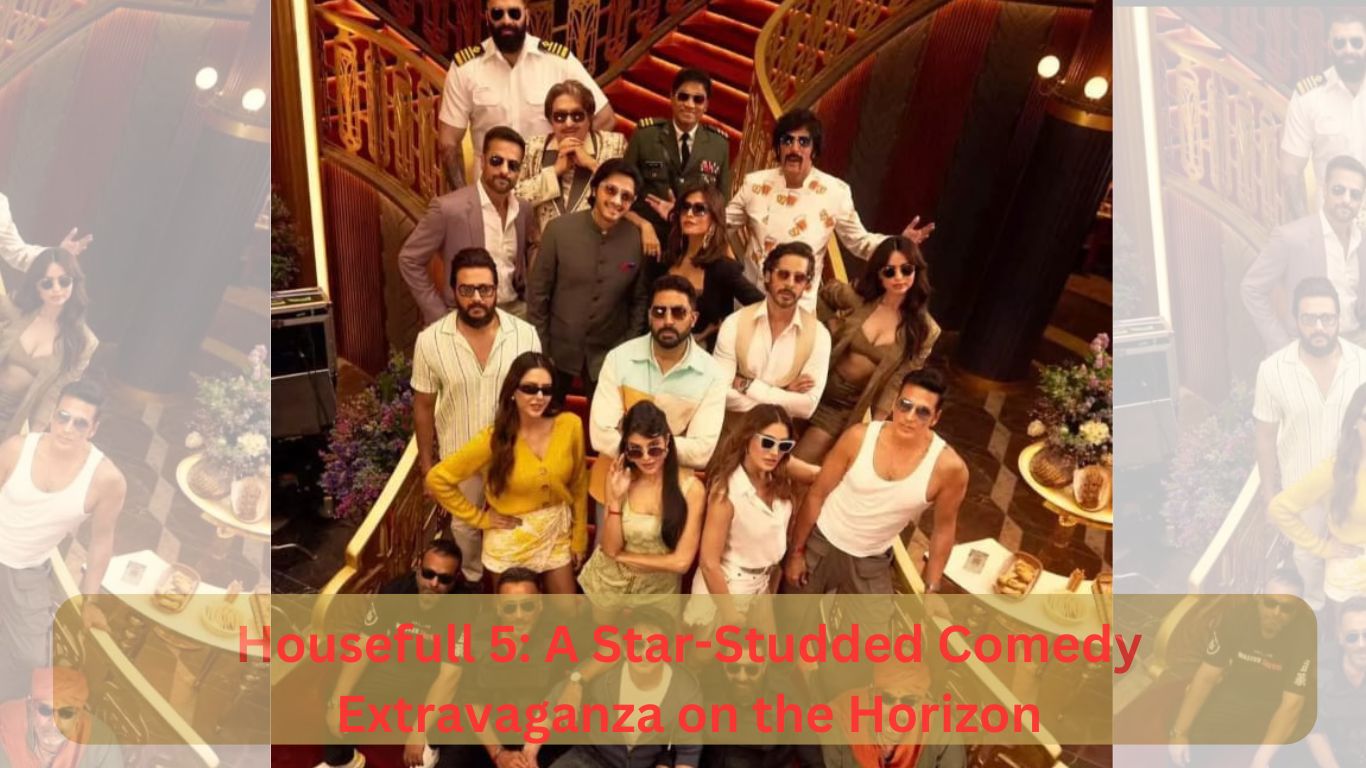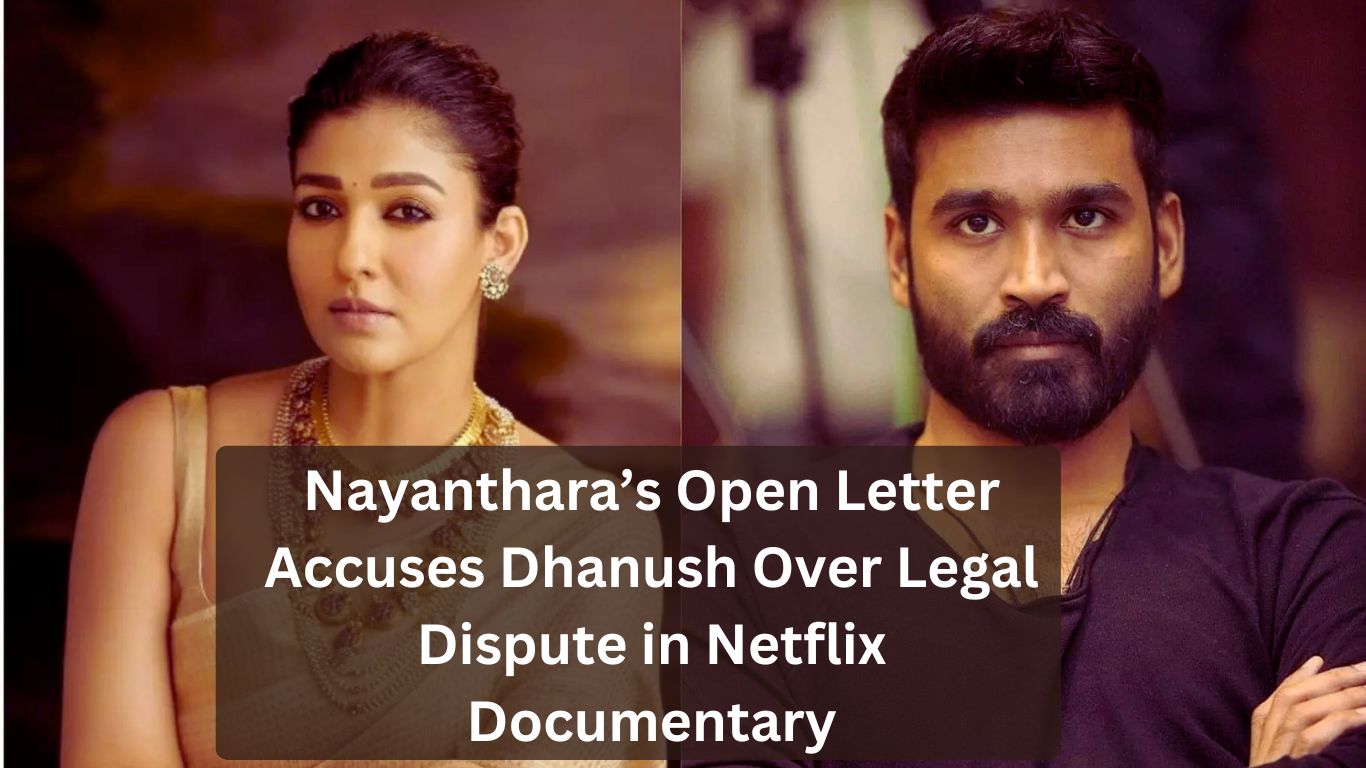Remake or Original: The Debate Over Film Revivals in Hollywood
In an era where nostalgia reigns supreme, Hollywood finds itself at a crossroads, grappling with a growing trend: the revival of classic films through remakes and reboots. What was once a creative impulse to tell new stories has morphed into an ongoing debate about originality, artistic integrity, and the economics of the film industry. As studios increasingly tread the familiar paths of yesteryears, the question arises: should we embrace remakes, or champion original content?
The Allure of Nostalgia
Nostalgia has an undeniable power. Movies like "The Lion King," "Ghostbusters," and "Dune" have seen renewed life through modern interpretations that often draw huge box office figures. They offer audiences a familiar world, enhanced with the latest technology and cinematic flair. For some, revisiting beloved narratives is like revisiting an old friend; it provides comfort and a connection to the past.
Moreover, remakes often carry the clout of established titles, effectively reducing the perceived risk for studios. In an industry where box office returns are paramount, the potential for profitability is a tangible incentive to lean into known entities. When audiences already hold an emotional connection to a story, the chances of attracting viewership dramatically increase. From a business perspective, this trend makes a compelling case.
The Artistry of Reinterpretation
At its best, a remake can be a form of artistic reinterpretation, expanding on themes, settings, or character arcs. Case in point: 2018’s "A Star is Born," a film that has already seen three distinct versions reflecting the changing dynamics of love, fame, and identity across generations. Each iteration brings fresh perspectives and innovations that can resonate with contemporary audiences.
Similarly, directors like Greta Gerwig, who took on "Little Women," demonstrate that remakes can also provide a platform to explore modern sensibilities and redefine characters, thus enriching the original narrative. The opportunity to explore timeless themes through a new lens can create a deeper dialogue between the past and the present, allowing filmmakers to engage with their audiences on multiple levels.
The Originality Factor
However, there is an undeniable backlash against the trend of remakes, with critics arguing that this inclination undermines creativity in the industry. Original storytelling is a cornerstone of artistic expression, and the success of independent films and unique narratives highlights the audience’s desire for fresh ideas. Movies like "Everything Everywhere All At Once" and "Get Out" showcase that originality can result in both critical acclaim and commercial success.
Further amplifying this debate is the growing concern over a homogenized landscape where the same stories are retold with little innovation. Such fears suggest that the proliferation of remakes stifles diverse voices and unique perspectives that are crucial for the evolution of cinema. As the audience demands more representation in storytelling, many argue that studios need to invest in original concepts that reflect the complexities of our society.
Navigating the Middle Ground
The solution may lie not in rejecting remakes outright but in finding a balance between honoring classics and forging new paths in storytelling. Studios could invest in original projects while employing popular remakes as a way to draw audiences into theaters. By doing so, they preserve the essence of what makes a story timeless while also creating space for innovative and original narratives.
Moreover, filmmakers should be encouraged to approach remakes with a fresh perspective. Whether through technological advancements, cultural context shifts, or a deeper understanding of character motivations, the potential for innovation remains vast even within the framework of established stories.
Conclusion
The debate over remakes versus original films in Hollywood reflects broader questions about creativity, nostalgia, and commercial viability. While the allure of familiar narratives can boost box office numbers, it is the spirit of originality that can elevate film as an art form. As the industry continues to navigate this dynamic landscape, finding a harmonious balance between the old and the new could lead to a more vibrant and varied cinematic future—one that celebrates the richness of storytelling in all its forms.















